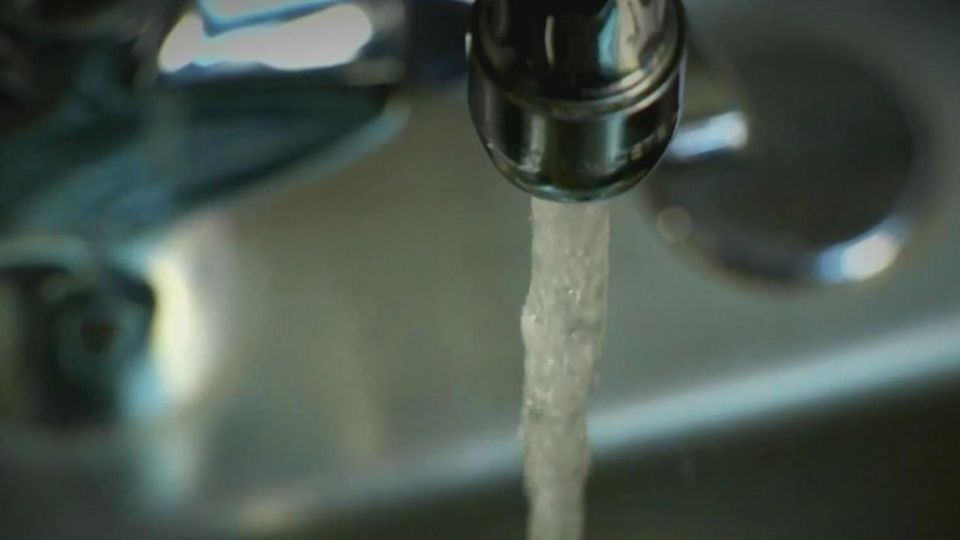The U.S. Environmental Protection Agency has classified two commonly found chemicals as hazardous substances. This is an important measure taken to safeguard your health, according to experts.
Perfluorooctanoic acid (PFOA) and perfluorooctanesulfonic acid (PFOS) are chemicals called per- and polyfluoroalkyl substances (PFAS) that are used a lot. The EPA has classified both substances as hazardous under the federal Superfund law, which deals with the clean-up of toxic waste.
“We refer to them as forever chemicals because they remain in the environment and our bodies for a long time.” “They usually don’t stop working,” explained Stephanie Wein, an advocate for clean water and conservation at the PennEnvironment Research and Policy Center.
- IRS Grants Extra Time for 2024 Taxes to Kentucky’s April Storm Survivors
- Fed’s June Meeting: Rate Cuts Not in the Cards: What’s Next?
- Deadline Alert: Michigan Schools Must Act Fast with Federal Stimulus Funds
- How to Access VA Dependent Education Benefits with a 100% Disability Rating
- Big News for SSDI: Social Security Might Add $600 to Payments
The new action will allow the EPA to deal with polluted areas, make cleaning efforts faster, and make polluters responsible for paying for the cleanups. They will also need to report any leaks or spills of the two chemicals. Wein and others from PennEnvironment have been working hard to fight for this.
Also Read: Illinois Senate Advances Bill to Ban Certain Food Additives
“This is a big improvement for Pennsylvania, especially because we have been dealing with this issue for a long time in our state.” We were like the early warning sign for how common the issue of PFAS is. “So, today is a very good day and it has been a long time coming,” Wein said.
The EPA has found that PFAS have polluted 180 superfund sites, and 16 of those sites are located in Pennsylvania. The largest naval air and air reserve station in Montgomery County is the Willow Grove Naval Air and Air Reserve station.
PFOA and PFOS are two common types of PFAS that are often found in nonstick products such as cooking pans, food wrappers, and waterproof clothes. They can also be found in firefighting foam.
“They often end up polluting large areas near military bases or firefighting training centers,” Wein said. The new rule is being implemented after the EPA issued a federal regulation to stop the presence of certain PFAS in drinking water.
PennEnvironment’s next goal is to completely eliminate PFAs from firefighting foam and consumer products.
“Wein said that although those things are being planned, taking action to clean up the waste that is already in the environment is a significant step forward.”



Leave a Reply